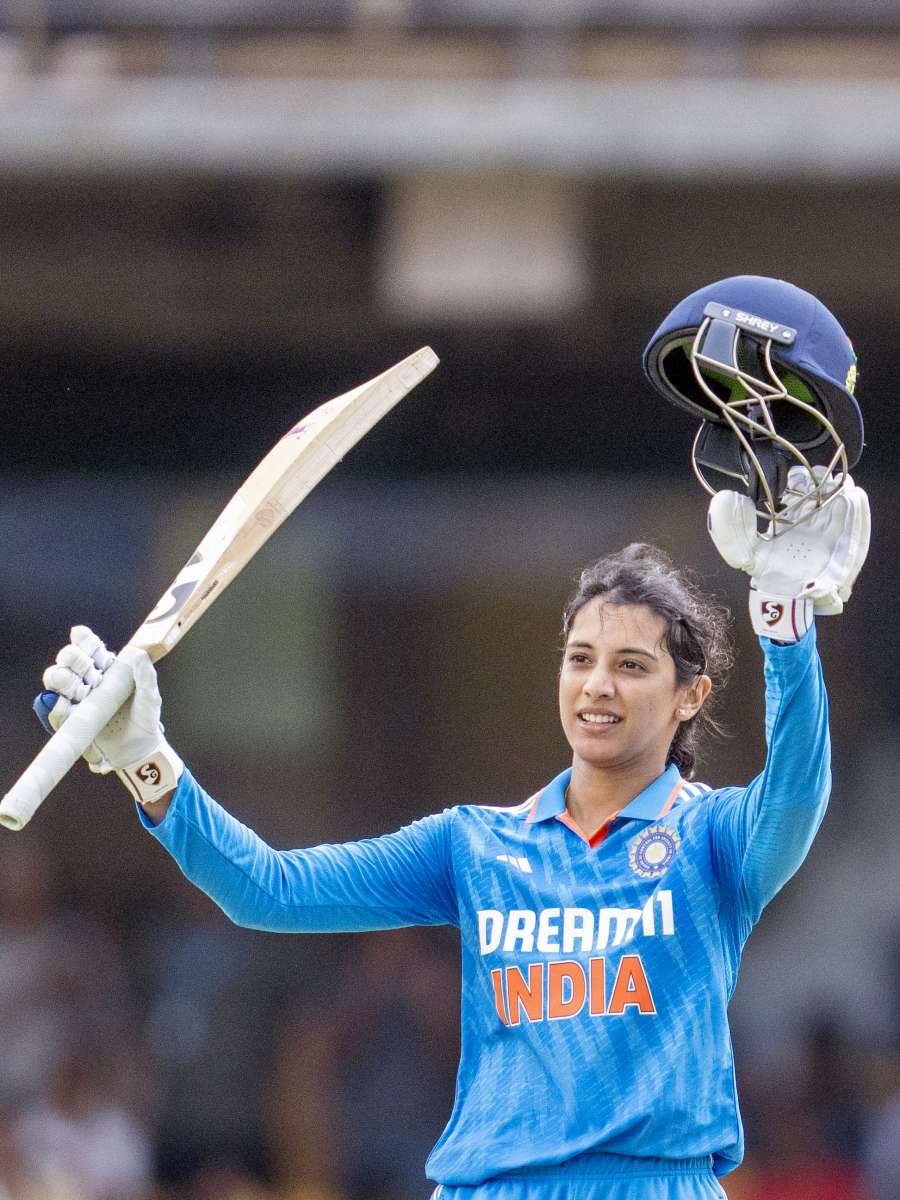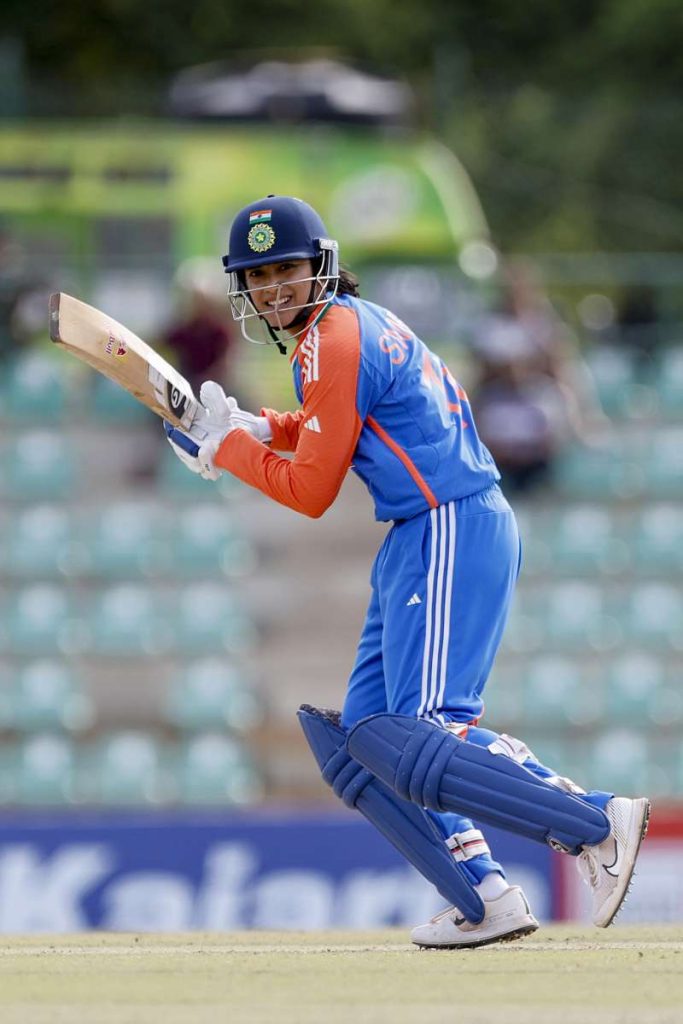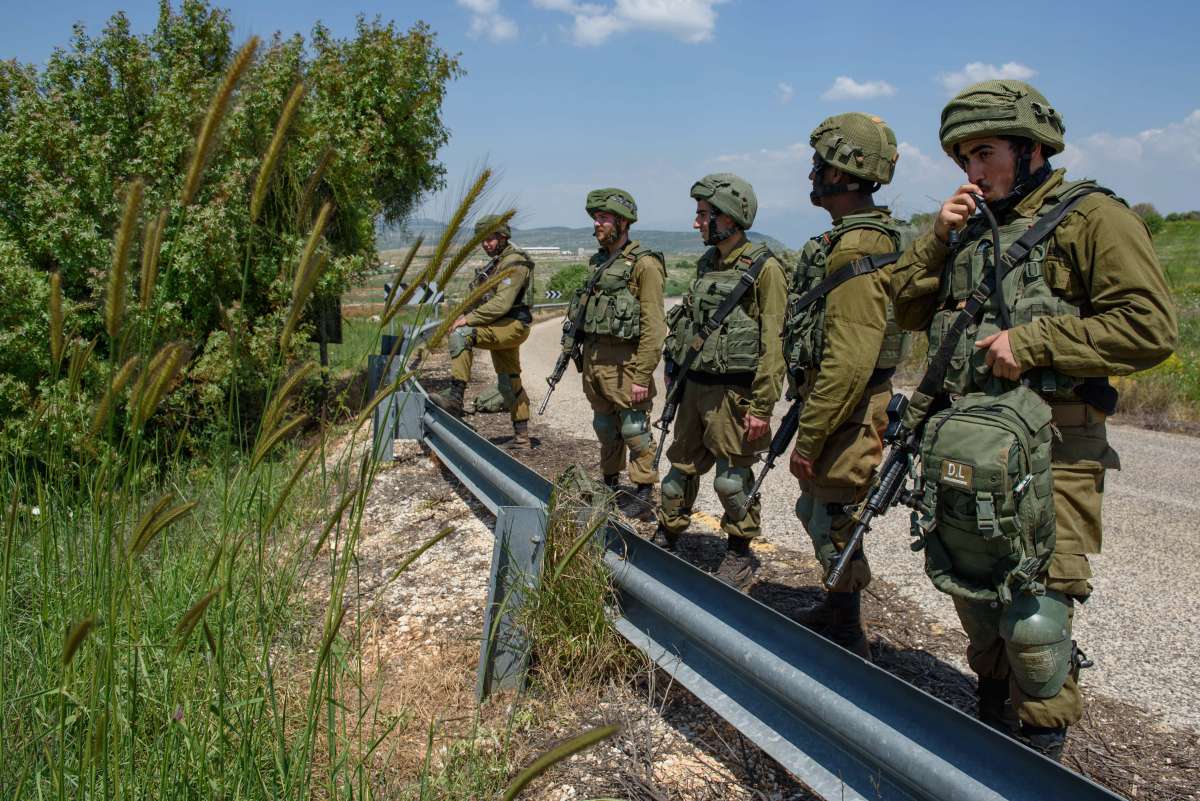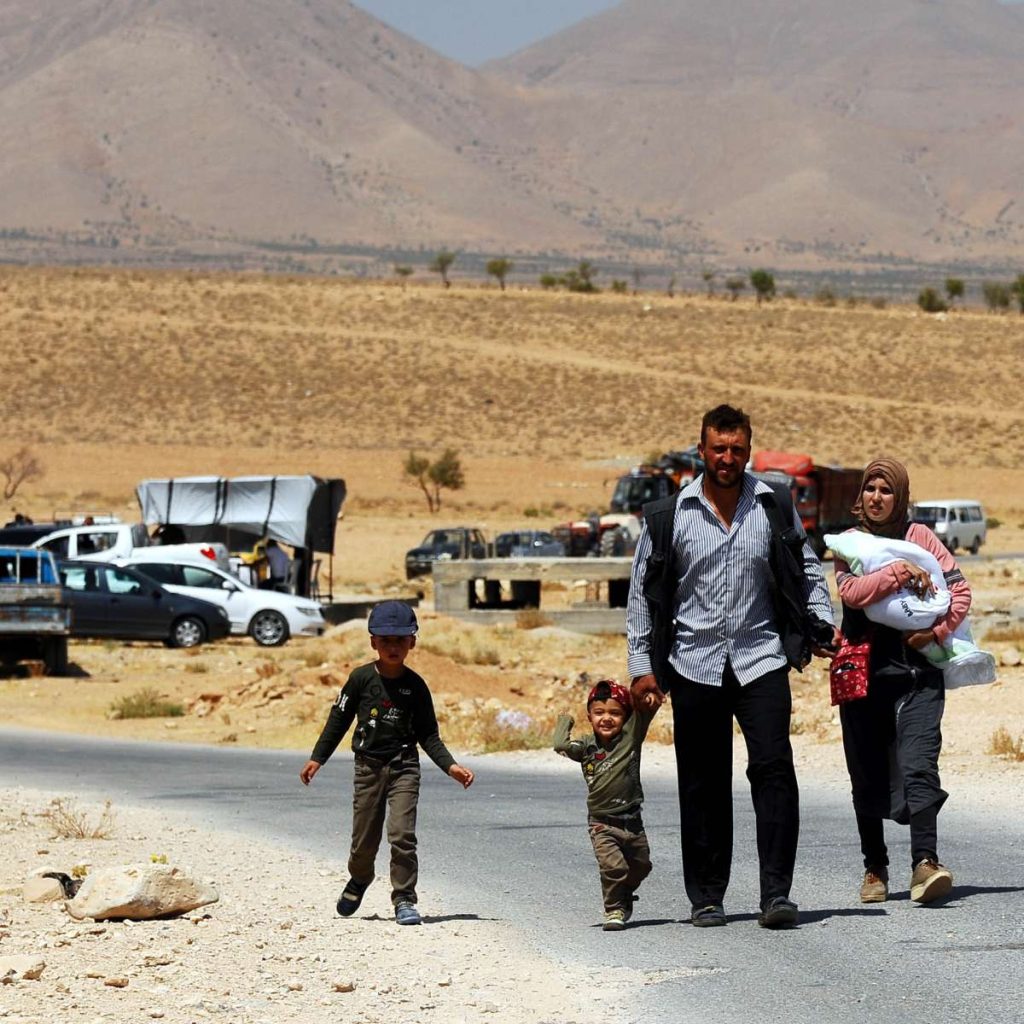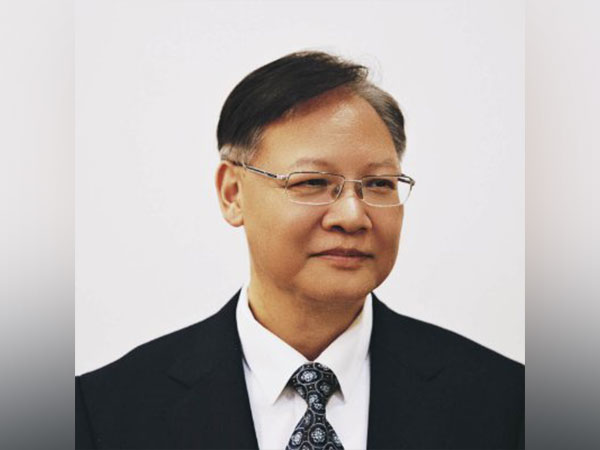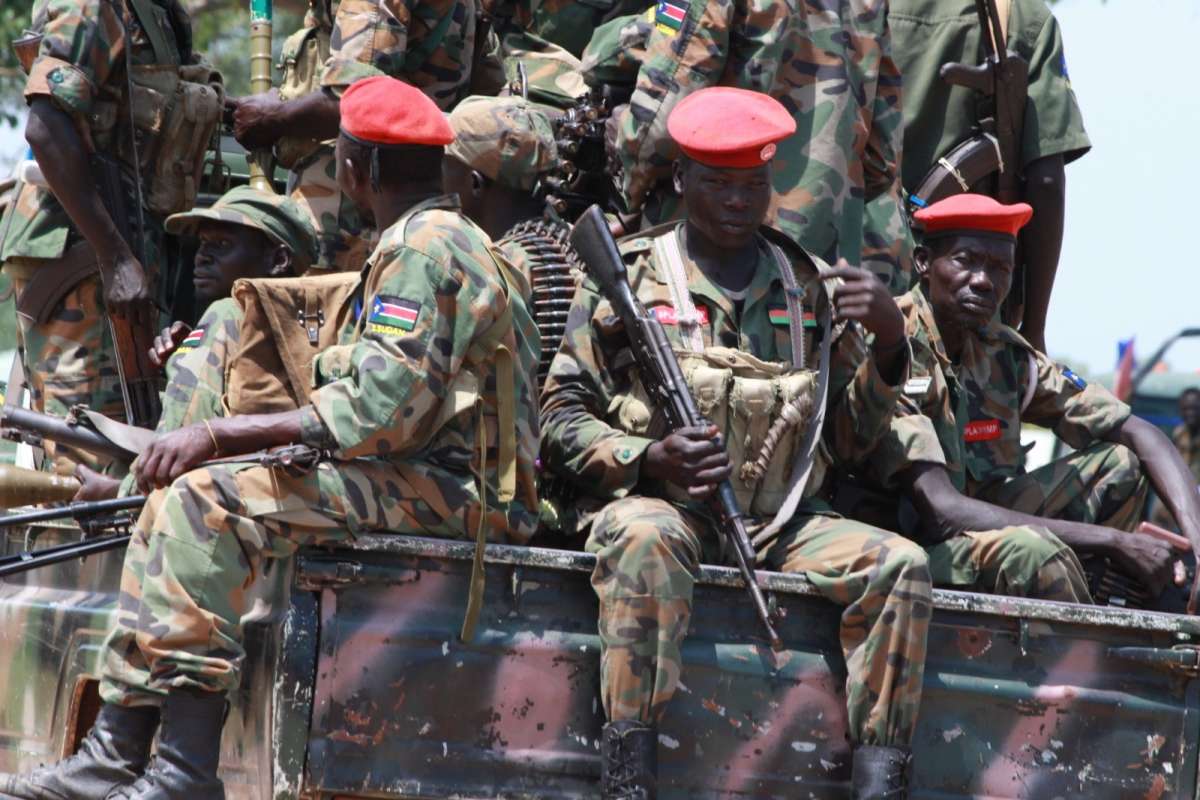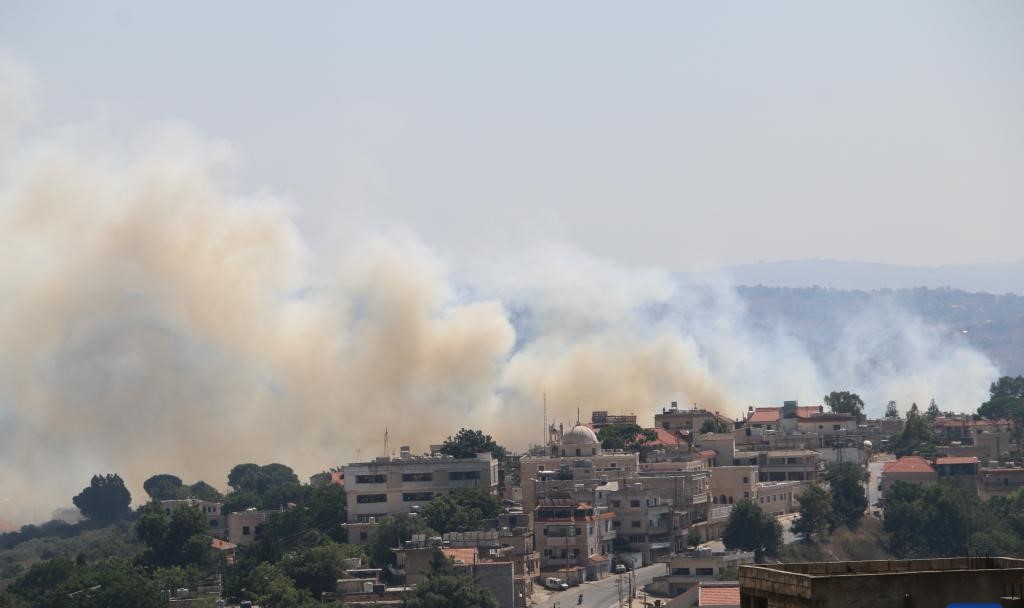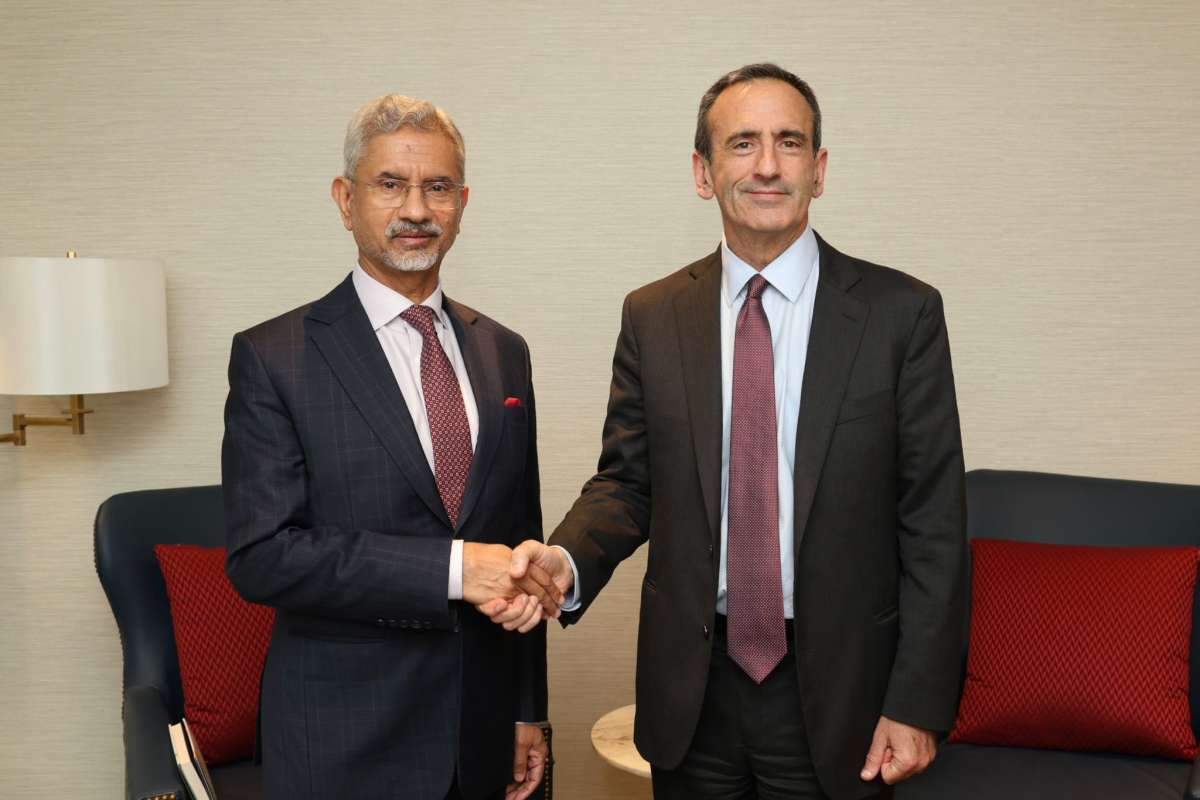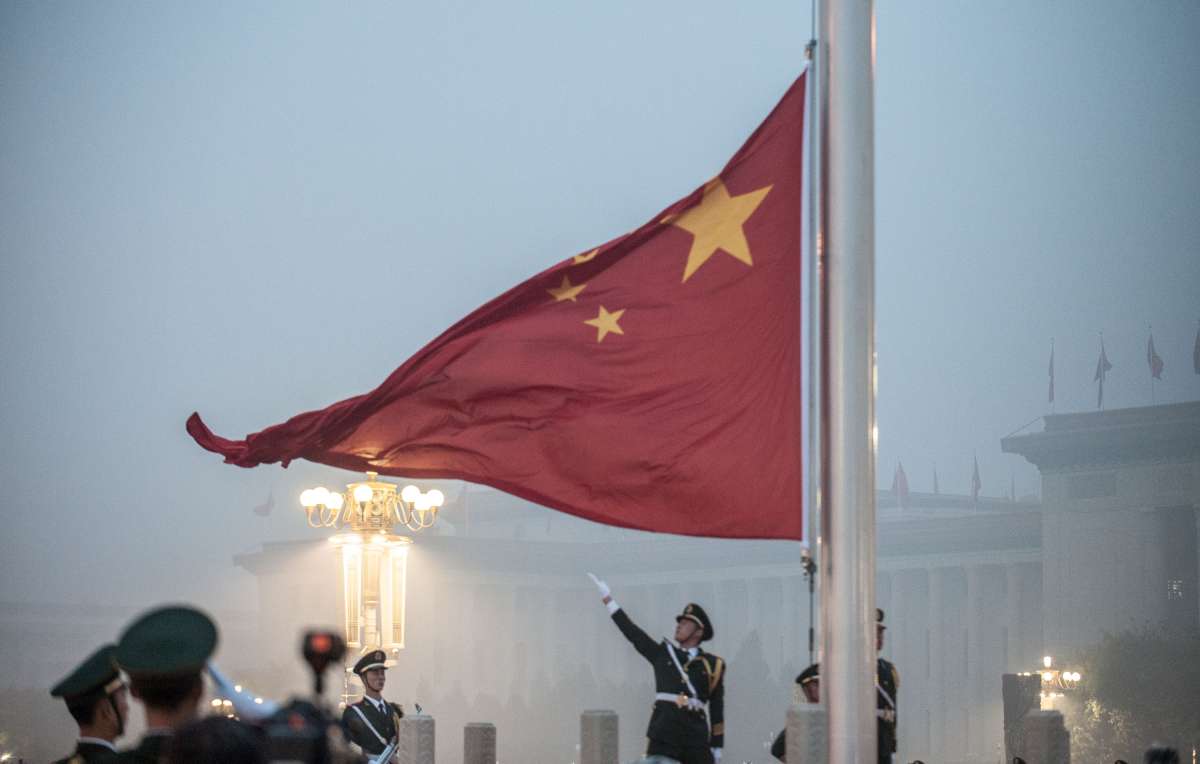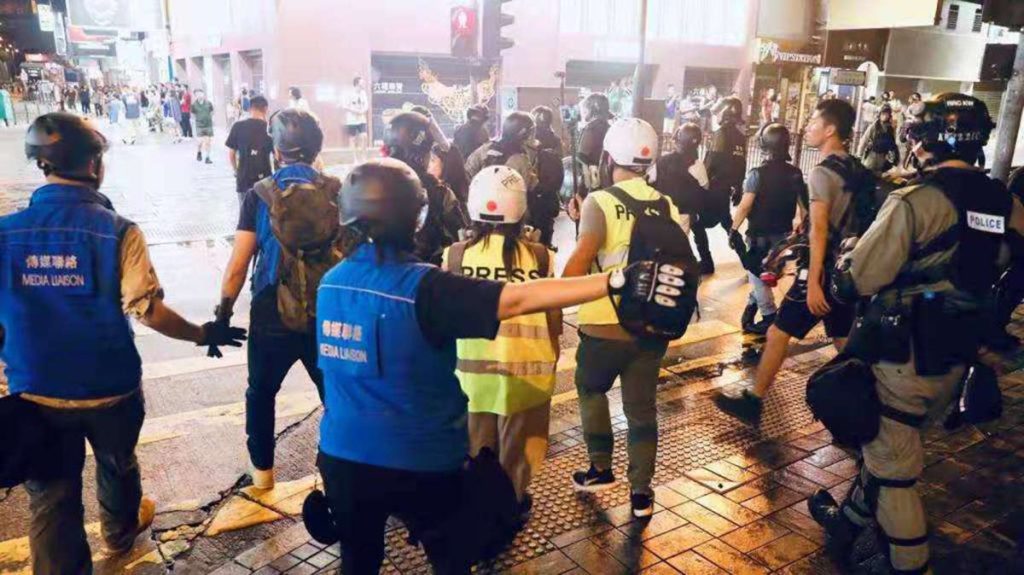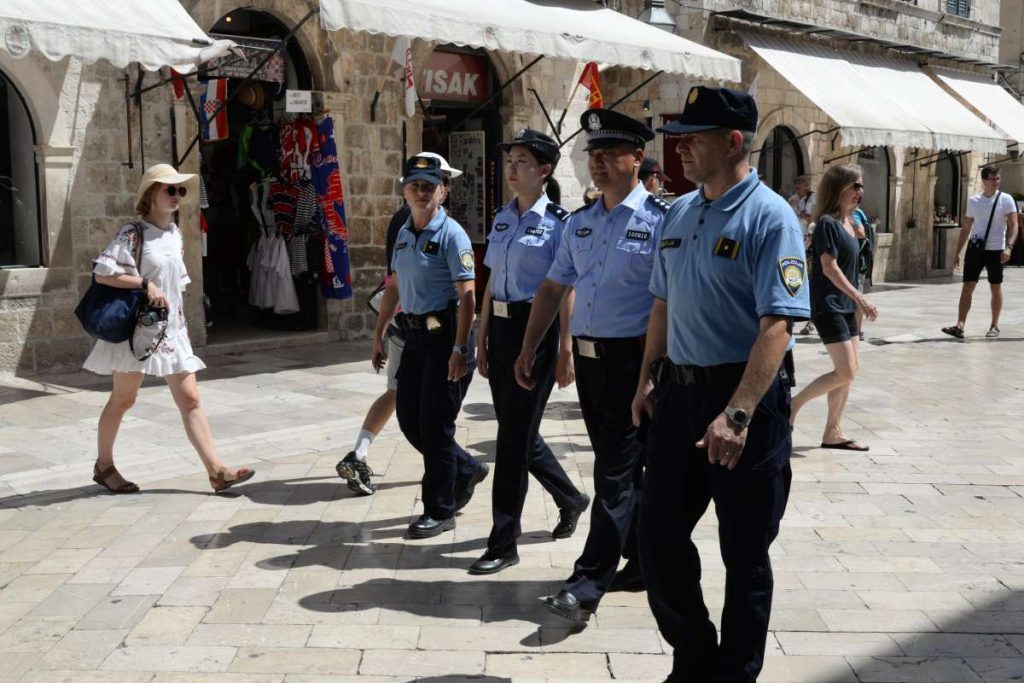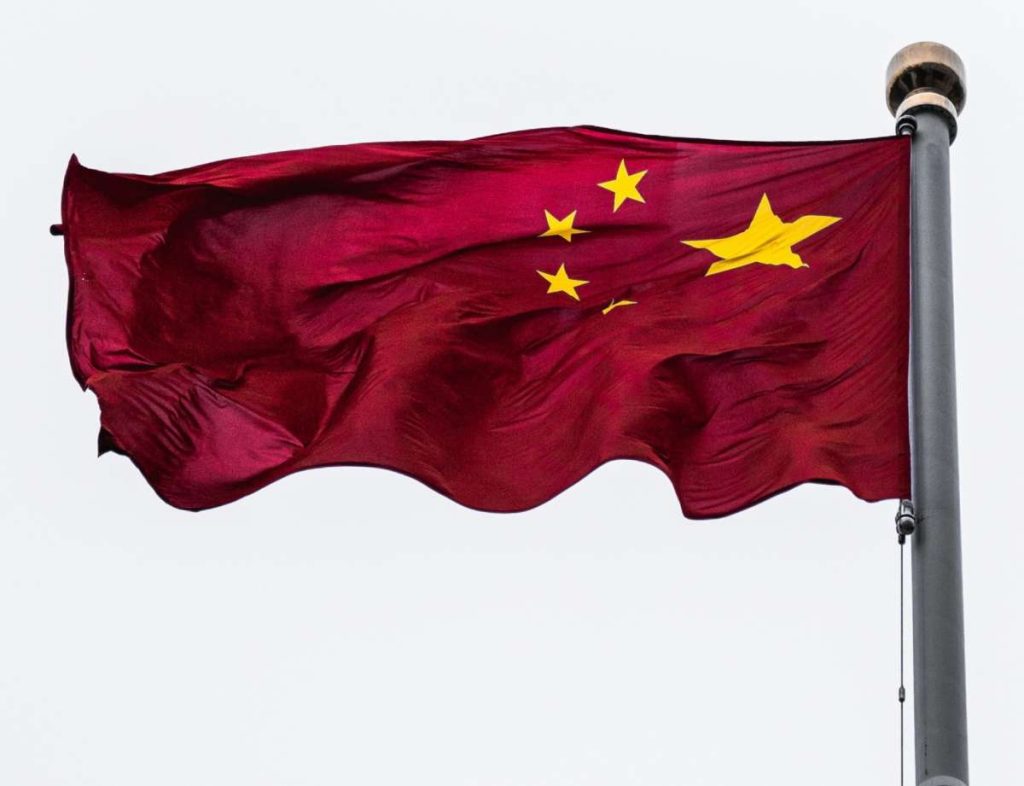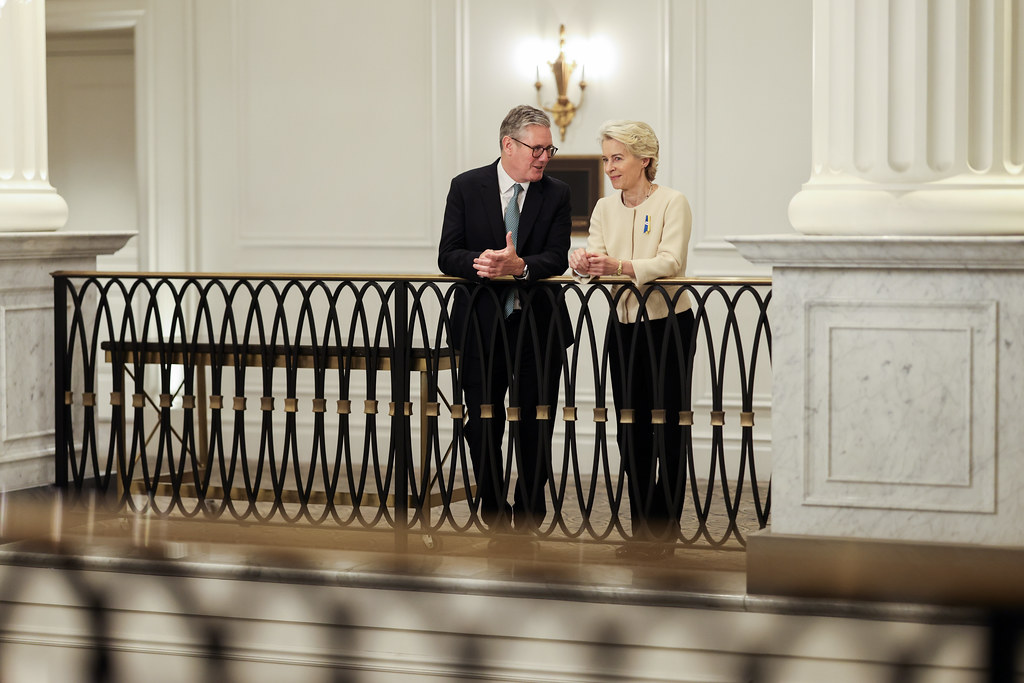India has become a global example of real-time payments, benefiting from home grown technological innovations like UPI…reports Asian Lite News
With government’s digital initiatives, India’s financial ecosystem has undergone a paradigm shift over the last few years.
A recent report by Ask Capital says with enablers like deep internet penetration efficient and cheap 4G and 5G services along with government digital initiatives India is set to become a USD 1 trillion digital economy by 2028.
India has become a global example of real-time payments, benefiting from home grown technological innovations like UPI. India’s digital transformation will be a game changer for the economic development.
Digitalisation of the Indian economy, along with the increasing use of smartphones in the past few years has propelled cashless transactions and online purchases.

According to the Indian Council for Research on International Economic Relations (ICRIER), India’s score on digital prowess has surpasses that of developed nations such as Japan, the United Kingdom and Germany in the aggregate level of digitalisation.
Government initiatives like Pradhan Mantri Jan Dhan Yojana (PMJDY) and the Direct Benefit Transfer (DBT) schemes have helped in universal access and enhanced financial inclusion in the country.
Increased mobile and broadband penetration will deepen financial inclusion and boost new digital services.
Advanced and new digital lifestyle and life-saving services like digital entertainment, online education, tele-medicine, digital health and disaster response will capitalise on better mobile and internet services.
Affordable data, increasing number of smartphone users and growth in e-commerce are driving India’s digital transformation.
As on March 2024, the Telecom Regulatory Authority of India (TRAI) data suggests nearly 120 crore telecom subscribers in India. Total number of internet subscribers increased from 88.1 crore in March 2023 to 95.4 crore at the end of March 2024, close to half are from rural areas. Over 7.3 crore internet subscribers and over 7.7 crore broadband subscribers were added in last one year.
Driven by adoption of 4G and 5G technologies, total volume of wireless data usage increased from 1,60,054 PB during the year 2022-23 to 1,94,774 PB during the year 2023-24 with yearly growth of 21.69 per cent.
The digital economy, which accounted for 4.5 per cent of India’s GDP in 2014, is expected to contribute 20 per cent of the GDP by 2026.
Between 2017 and 2023, retail digital payments surged 50.8 per cent. Sectors like finance, education, healthcare, food, travel and e-commerce are already undergoing large-scale digital transformation.
As per the report, UPI, is expected to contribute 90 per cent of the total retail digital payments in India by 2027.
The RBI is planning to roll out the Unified Lending Interface (ULI). This will simplify getting credit, especially for small and rural borrowers. ULI will also facilitate digital information, like land records, to flow seamlessly between data providers and lenders, cutting down the time it takes to approve credit.
Sectors like healthcare and education have received great thrust from digital India initiatives. Healthcare schemes like Ayushman Bharat Digital Mission (ABDM) is building backbone to support the integrated digital health infrastructure of the country. e-Hospital have made healthcare facilities more accessible, e-Sanjeevani, the National Telemedicine Service of India is another step towards digital health to achieve Universal Health Coverage.
In education, Covid-19 gave a new direction to school education, saw school classroom lectures shift to digital screens.
The e-commerce sector is expected to be another key driver for growth going ahead, is leading to a surge in digital payment transactions in rural areas.
The report says digital payments in India are about to reach an inflection point and are expected to grow in value to USD 10 trillion by 2026.
Growth of the Indian economy is becoming more inclusive through innovations and the government’s thrust on digitalisation and with a large pool of talents India is expected to propel towards becoming a USD 1 trillion digital economy by 2028. (ANI)
ALSO READ: PLI Scheme to Drive Major Economic Boost




